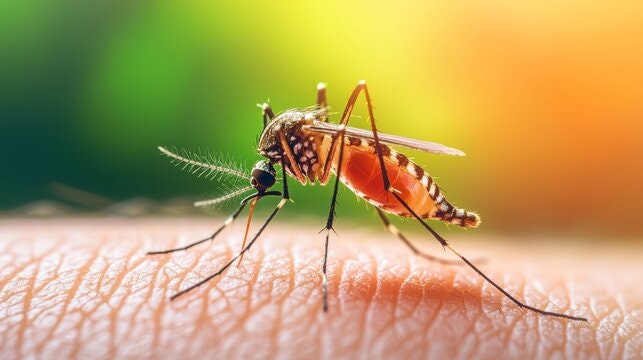Los Angeles Launches New Sterile Mosquito Strategy to Fight Dengue, Zika

A new mosquito control strategy is taking hold in Los Angeles as public health officials expand the use of sterile male Aedes aegypti mosquitoes to reduce disease-carrying populations in the region.
The Aedes aegypti, often called the yellow fever mosquito, is an invasive species known to spread dengue, Zika, and other viruses. These mosquitoes have increasingly taken hold in Southern California, where warmer temperatures have enabled them to expand across more than a third of California counties.
To stop their spread, vector control agencies across Los Angeles County have begun releasing sterile male mosquitoes, which cannot bite or transmit disease. When they mate with wild females, the eggs laid do not hatch—leading to a significant drop in mosquito populations.
In a 2023 pilot program, one Los Angeles County vector control district saw a 33% population decline after sterile male mosquitoes were released in select neighborhoods. Releases occurred bi-weekly, scaling up during peak mosquito season in late summer.
The success of this technique, first used on invasive insects in the 1950s, has prompted other nearby districts to consider adopting the method. The approach is cost-effective and does not require advanced staffing or equipment—making it accessible for small and medium-sized communities.
Residents in LA can expect continued releases through mosquito season, especially in areas with high Aedes aegypti activity. Public health officials encourage residents to eliminate standing water and use mosquito repellent to stay protected.
